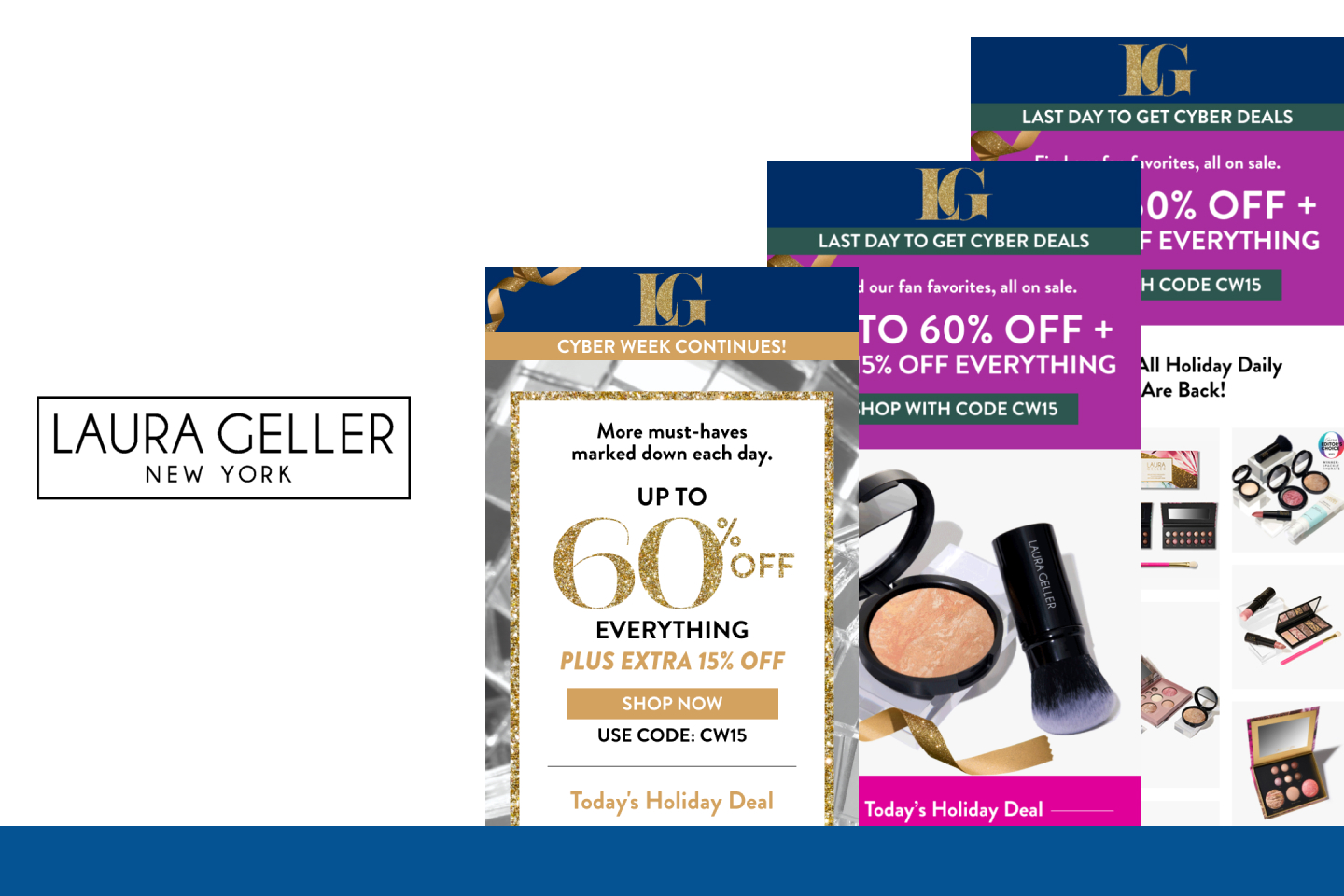Alchemy Worx teamed with YouGov® in June 2021 to conduct a consumer survey with a view toward understanding the key factors currently motivating spending behavior and brand interactions. The survey revealed changing perceptions among consumers across generations regarding spending, shed light on the motivations driving the types of products or services they may purchase and uncovered some startling sentiments about the brands with which they interact.
We wanted to get as broad a consensus on the results as possible, so we asked some industry thought leaders to participate in a panel and offer their views. Members of the panel included:
• Ada Barlatt – Founder & ChiefAnalytics Officer, OperationsAlly
• Komal Helyer – Vice PresidentMarketing, Pure360
• Andrew Kordek – Vice President ofCustomer Engagement, iPost
• Chad S. White – Head of Research,Oracle Marketing Consulting
Dela Quist, Chief Marketing Officer for Alchemy Worx, served as moderator of the panel.
Learn how you can view and ask questions during a special live webinar featuring the panel.
PANEL HIGHLIGHTS
The results of the survey were combined with in-depth commentary from the panel to create an upcoming white paper. Here are some of the highlights:
The survey asked consumers to describe their feelings towards spending money right now. The prevailing responses across age-groups were Cautious(43%), Mindful (34%), and Hesitant (26%). The saw these results as an opportunity to discuss the psychology of spending.
“Consumer spending habits are primarily based on the accumulation of rules that we have built over our lifetime,” said Andrew Kordek. “However, two factors that can heavily influence the decision to spend money are our experience with the brand and being able to help affect that experience. As consumers, we entrust our opinions with the brand to help personalize our interactions for the long-term relationship. It is widely thought that if we have both, there is a greater chance that we would be inclined to break the rules and spend.”
Another question asked consumers to think about their preferred brands then explain what motivates them to make a purchase. ‘Essentials’ was the top response with an average of 51% across age groups citing it. Consumers aged 65+ were most devoted to ‘Essentials’ at 64% with aged 35-54 at 51%.However, “Essentials” only rated 36% for respondents aged 18-34.
“Some of that difference is driven by younger people feeling much more social pressure to buy things,” said Chad S. White. “For instance, 18–34-year-olds are more than twice as likely as older groups to say they want to buy products because they’re ‘feeling pressure to keep up with current trends’ or ‘feeling pressure to keep up with friends and family.’ They’re also more than twice as likely to say they want to buy a product because it was ‘recommended to on social media’.”
When asked which sort of activities they were planning to do over the next six months, consumers cited “Travel “– either to see family and friends or for vacation – as the top choice for across every age group. This was to be expected after long periods of lockdown. But life changing events such as weddings and baby showers, moving into a new place, or starting a new job figured prominently among the 18-34 age group.
“The data shows very clearly that those Age 18-34 are much more optimistic (18%), excited (18%) and eager (13%) in comparison to their older cohorts,” said Komal Helyer. “Whilst generalizations are dangerous, it has been documented that most Gen Z and Millennials are desperate to get on with life, and whilst they will be cautious, they will want to start spending again as they resiliently develop a new normal.”
The survey asked consumers to consider the factors that might impact their purchases over the next six months heading into the holiday season. While some of the top answers related to gift giving, denoting a rise in consumer optimism, there were some warning signs. Specifically, consumers expressed a willingness to avoid brands that were not ethical or sustainable.
“Beyond purchase intent, younger consumers are also much more likely to be drawn to brands because of the social values exhibited by the company,” said Chad S.White. “For instance, 18–34-year-olds are more than twice as likely as older consumers to say that they plan to buy from brands with diverse models and embrace representation.”
When asked about “fails” that would impact their brand loyalty, consumers pointed to some of the usual suspects including “too many emails” and receiving emails after opting out.” However, more troubling “fails” related to basic personalization (wrong name, request for product rating before receiving it, receiving recommendation for products already purchased) pointed to deeper issues.
When asked about “fails” that would impact their brand loyalty, consumers pointed to some of the usual suspects including (too many emails, receiving emails after opting out), as some more troubling personalization blunders (wrong name, recommendation for product already purchased). But there was some divergence between age groups about the seriousness of these “fails.”
“This can be helpful as you reflect on the ages of the people on your list (and in your target market),” said Ada Barlatt. “The survey data seems to indicate the older the target market the more sensitive to the frequency of messages, the truthful-ness of those messages as well as the expectation to stop receiving messages after unsubscribing.”
SUMMING UP
The results of the survey and panel discussion reinforced the importance for brands to embrace audience management in order more fully understand and act upon the preferences, priorities, and activity of their entire audience in order to promote brand loyalty.
LEARN MORE DURING OUR LIVE WEBINAR
This article presents just a few of the highlights from the panel. Since the original panel discussion was so lively, we decided to invite them back for a special live webinar event during which you can submit questions:
How the Shift in Consumer Sentiment Could Impact Your Holiday Season
Industry experts share their findings from the Alchemy Worx Consumer Survey
October 14, 2021 – 2:00 PM Eastern Time (USA and Canada)




